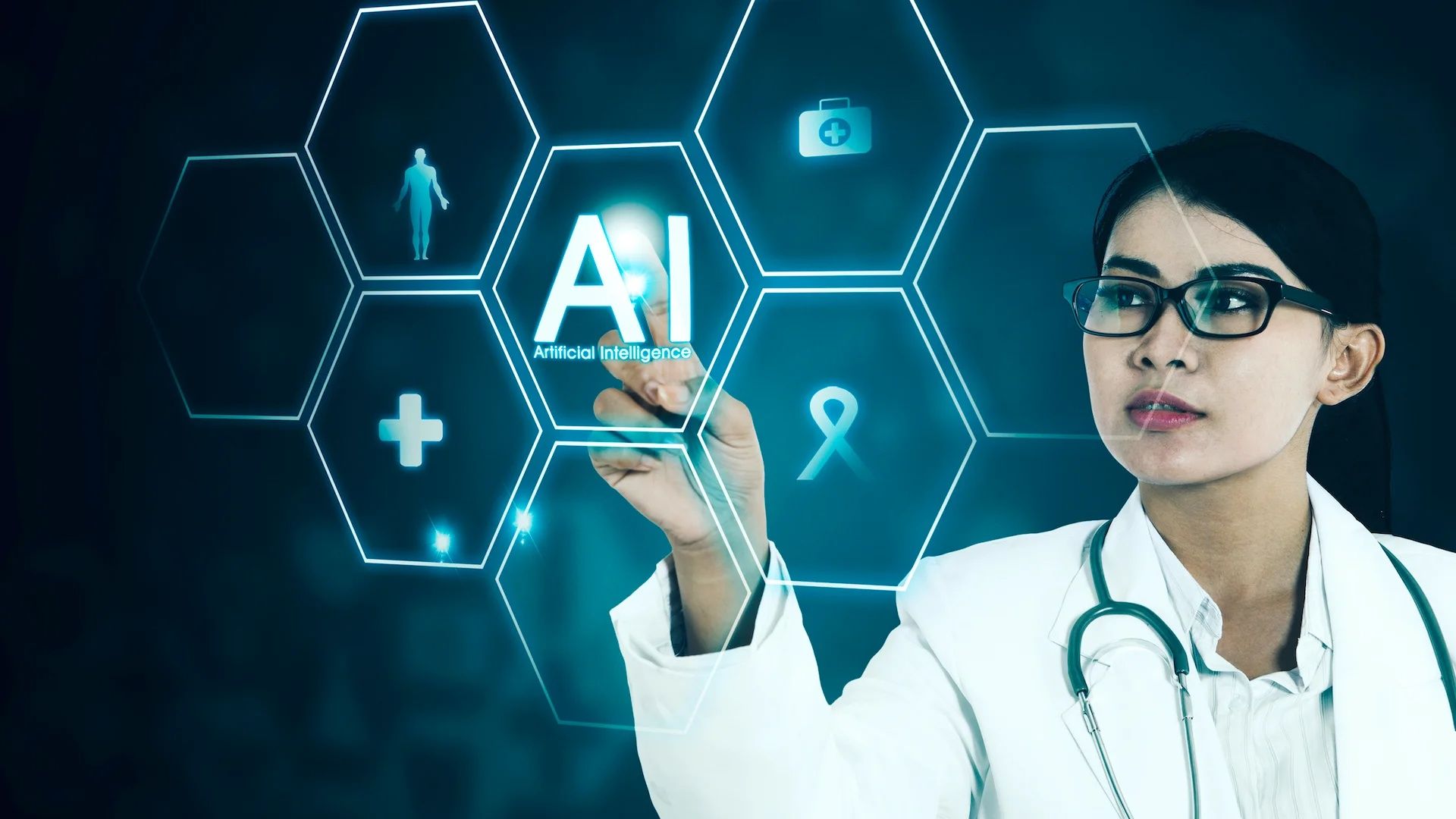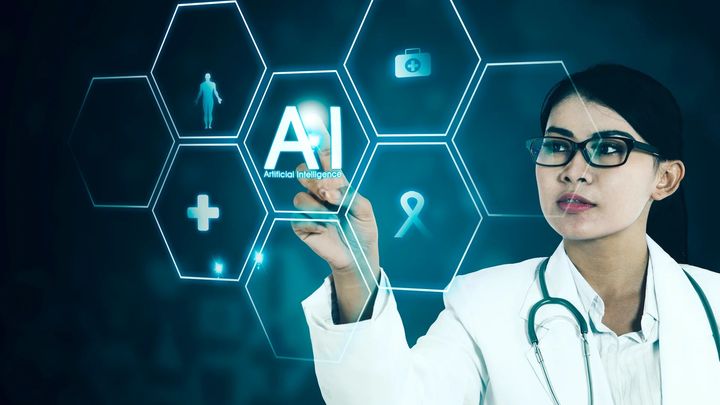Artificial intelligence (AI) is no longer a future concept - it is an integral part of modern health services. From early disease detection and medical imaging to automation of workflows in hospitals, AI runs better accuracy, efficiency and patient results. Since the health care system is more data-in-the-mango in 2025, the demand for AI-operated solutions in diagnosis, radiology, pathology and clinical administration increases.

Benefits of AI in Healthcare
1. Fast and accurate diagnosis
AI algorithms analyze large datasets - for example, ehr, image or genomics - in seconds, identifying patterns are often remembered by human doctors.
2. Extended medical imaging
The machine learning image improves the quality, provides flags to deviations and reduces false positive things in MRI, CT scanning and X-rays.
3. Operating cost reduction
AI automates repetitive features such as planning agreement, invoicing or report generation, administrative overhead cutting.
4. Monitoring of external patient
AI Power Portable equipment and telemedicine platforms to adapt important, notify doctors and treatments.
5. Improvement in drug discovery
The AI makes the R&D line of life cycle by predicting molecular behavior and optimizing clinical test design.
Key AI Applications in Healthcare
1. In AI disease diagnosis
AI devices like IBM Watson and Paiy help diagnose cancer, diabetes and high precision heart conditions.
2. AI in radiology and imaging
Platforms such as AIDOC and Zebra Medical Vision automatically analyze radiology images and help radiologists who detect nonconformities.
3. In Ai Predictive Analytics
Healthcare professionals use the future model to estimate the onset of the disease, the patient's redmontion or ICU needs.
4. AI in administrative automation
Chatbots, NLP-powered transcription and robot process automation (RPA) streamlined operations in hospitals and clinics.
Top AI Tools in Healthcare (2025)
| Tool/Platform | Focus Area | Features |
|---|---|---|
| IBM Watson Health | Diagnosis & Oncology | Cognitive computing, cancer care support |
| Aidoc | Radiology | Real-time triage of CT scans |
| Tempus | Genomic Data | AI-based precision medicine insights |
| Butterfly Network | Imaging | AI-enhanced handheld ultrasound devices |
| Olive AI | Workflow Automation | Revenue cycle automation, workforce AI |
| Viz.ai | Stroke Diagnosis | Real-time image analysis for stroke care |
Challenges and Limitations
Data Privacy and Security: Management of sensitive medical data requires strict adherence to hipaa, GDPR and local rules.
Prejudice in AI model: Trained models on limited or biased data sets can lead to incorrect or incorrect results.
Future Trends in AI-Powered Healthcare
1. Federed Learning for Safe Ai Training
The AI model is now trained without transferring patient data using a decentralized approach to increase privacy.
2. Real time A-assisted surgery
AI enters the operating room via real -time data and robotic surgery system directed by Vision Analytics.
3. Vocalist clinical assistant
AI-powered voting tools reduce the documentation burden and help doctors during consultation.
4. AI in mental health
Chatbott and emotional analysis tools support the first detection and treatment of depression, anxiety and stress.
How to Adopt AI in Healthcare Settings
Start with pilot projects: Use AI in low -risk areas as planning or imaging.
Evaluate Compliance: Make sure the platform completes laws for protecting data protection.
Train staff: Educate clinical and non-noddic staff on AI tools.
Partners with certified suppliers: Work with FDA calliers or CE-identified AI suppliers.
Measurement effect: Monitor matrix such as clinical speed, patient results and cost savings.
FAQs: AI in Healthcare
Q1. Replaces AI doctors?
No, AI supports health professionals by increasing accuracy and speed, but cannot replace human decision
Q2. Are AI medical tools approved for clinical use?
Yes, several AI solutions have been approved by the authorities, including the FDA backdrop for imaging analysis and diagnosis.
Q3. Can small hospitals endure AI?
Participation with cloud-based AI tools and health technology companies are now more economical for little practice for AI-adoption.
Q4. How does AI patient protect data?
Safe platforms use encryption, Benami and federated learning to protect sensitive health data.
Q5. What is AI's return on hospital?
Studies show 20-30% improvement in operational efficiency and rapid clinical decision-making with AI perineernation.
Conclusion: Smarter Healthcare with AI
AI is not a replacement - this is an increase. While the health care system is struggling with increasing demand, lack of staff and data overload, AI treads to provide scalable, safe and intelligent help. From diagnosis to automation, AI professionals allow you to focus more on patients and reduce paperwork. The future of the health care system is not just digital - it is intelligent.







